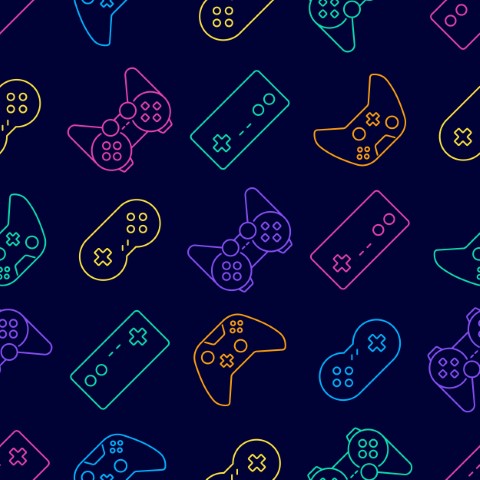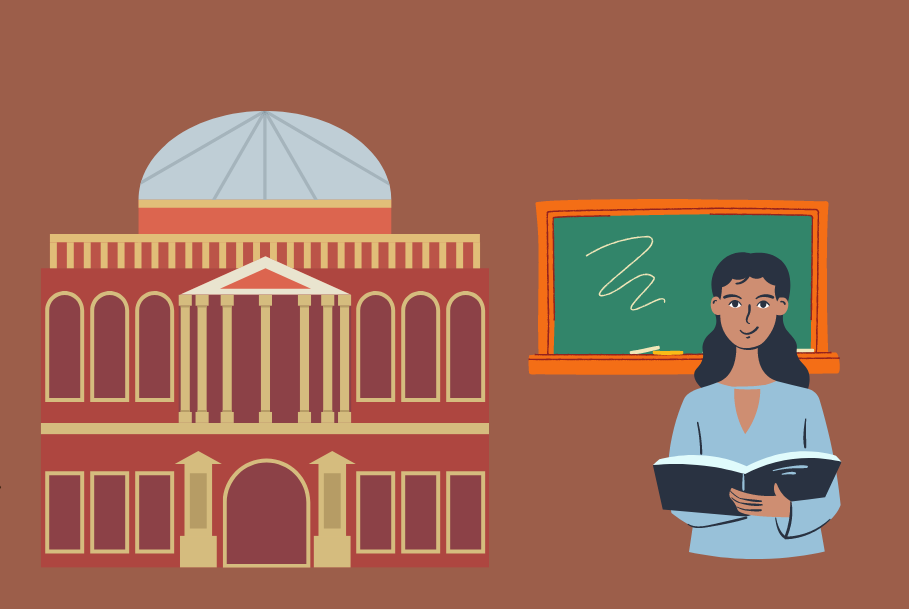
By Jessica Berget, Editor-in-Chief
By now everyone seems to be going a little stir crazy from this quarantine, but for gamers, being forced to stay inside all day is all we’ve ever wanted.
Since we’re all supposed to be staying in our homes, people have been looking for other ways to release their pent-up energy—playing video games is a great way to do this. Perhaps to the dismay of many parents, kids now more than ever are also reaching for their consoles and controllers—making it a great time to discuss the negative stigmas around playing videos games.
We’ve all heard the myths about video games; they can cause violence or aggression, they’re for lazy people with no social lives, or that they turn your brain into mush. Much of the research in the past about video games has focused on negative ideas such as addiction, depression, or exceeded aggression, but videos games offer many benefits to players. During this time where all we can do to pass the time is to play video games, it’s time we revaluated these myths and how they stand today.
Video games are a great way to relax after a long day, and can be beneficial to your mental health and overall mood. They allow you to relieve stress and anxiety—which is exactly what many people need right now. In 2013, the American Psychological Association did a study that found short and simple games, like Angry Birds, can improve people’s moods. Longer and more in-depth games give people a break from reality and allow them to forget about their stressors and anxieties of work or daily life. Shooter games like Doom and Call of Duty can also give people a way to release their aggression in a healthy and non-violent way. Softer and cuter games like Stardew Valley can help with depression because they offer a sense of accomplishment.
While many say that video games are for people with no friends or a social life, they can also connect you with people who are also gaming during this time of social isolation. Sure, overplaying video games can hinder your social life, but in moderation it can improve social skills and improve social anxiety. Shooter or action games often make you work in teams to win, which is great for sportsmanship, team camaraderie, and socializing. Many of my avid gamer brother’s friends actually come from playing social video games. Of course, there are some games you can only play by yourself, but in the case of games like Animal Crossing, Pokémon, or Super Smash Brothers, you can play most of it solo and also play with friends or meet people through these gaming communities. Many of these meetings carry through to in-person socialization. Or for more socially anxious people, the online community is all they need to feel connected.
Video games have also been proven to be good for your cognitive abilities—namely memory, hand-eye coordination, spatial visualization, perception, vision, decision making, problem-solving skills, and learning—things that everyone can benefit from.
Excessive video gaming can be a problem if it hinders from your other responsibilities and life, but as long as we’re all mandatorily all shut inside—game away.

